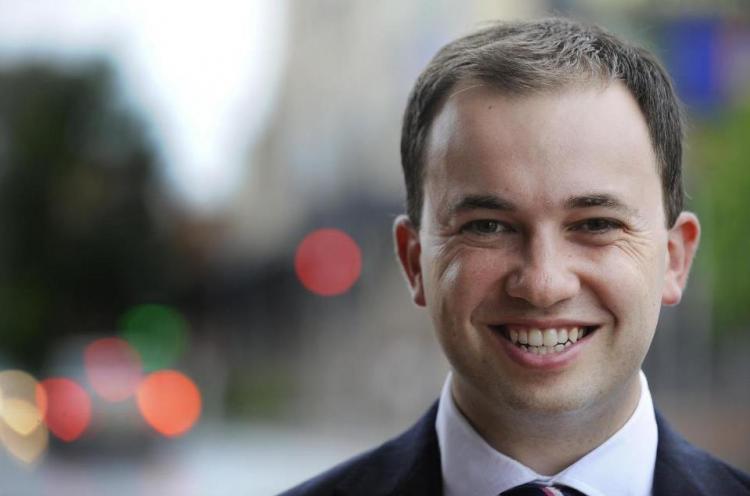
Mr MATT KEAN (Hornsby) [6.03 p.m.]: Last week from 14 to 20 May numerous individuals and organisations recognised Schizophrenia Awareness Week. The week sought not only to raise awareness of schizophrenia and mental illness in general but also to acknowledge and reflect on the countless number of people across the country who care for someone with schizophrenia and who advocate for this issue to become a political priority.
According to the Schizophrenia Fellowship of NSW, a not-for-profit organisation, schizophrenia is a condition characterised by disturbances in a person's thoughts, perceptions, emotions and behaviour. It affects approximately one in every 100 people worldwide and first onset commonly occurs in adolescence or early adulthood.
Schizophrenia is not a single illness. It is in fact a cluster of illnesses which have overlapping signs and symptoms. It is therefore important to acknowledge the unique experience of each person living with schizophrenia. Despite the hardships faced by people living with schizophrenia, medical advances are providing hope, but more must be done by both governments and communities. I will ensure that that happens. Unlike other illnesses, people who live with a mental illness are often subject to discrimination and stigma. This is startling, considering that one in five Australians has a mental illness—or will be affected by a mental illness at some stage in their life—and given Australia's status as one of the world's most advanced and prosperous countries. Surely, people from outside Australia looking in would expect better from Australia and Australians.
Having schizophrenia or a mental illness does not affect a person's ability to work, have a family or enjoy life. In my electorate Sean and Kerrie McArdle, OAM, of Berowra provide hope to many in the community who are affected by mental illness. Sean has schizophrenia and his wife Kerrie has provided the loving and attentive care required to ensure that Sean lives a happy and fulfilling life. But it is not just their willingness to get on with life that inspires me and those around them; their contributions to the community are truly amazing. A couple of months ago a local magazine, the Bush Telegraph, published a story highlighting the contribution of Sean and Kerrie to our troops serving overseas. Sean and Kerrie met and encouraged local businesses to donate food and other goods to parcels packaged by Sean and Kerrie. Subsequently, more than 270 parcels were posted to our troops in Afghanistan, East Timor and the Solomon Islands. Such commitment and service should provide all Australians with a sense of optimism and hope.
Schizophrenia is a complex illness that affects all communities. As a result, it needs to be addressed by a range of stakeholders. Too often, people impacted by mental illness become disillusioned with government authorities due to insufficient service delivery and incompetence. However, people fail to understand the power of humanity in a liberal democracy, and that through cooperation and mobilisation positive outcomes can be achieved. I call on all sectors of society—governments, not-for-profit organisations, corporations and individuals—to get involved and to help address schizophrenia and mental illness. Governments need to develop appropriate policies, in consultation with key interest groups, and commit the necessary funds. Not-for-profit organisations must continue their much-needed advocacy efforts to ensure that the relevant authorities and decision-makers are held accountable.
I call on business leaders to demonstrate leadership by informing their employees about schizophrenia and mental illness, and empowering them to address concerns. All corporations should have a mental health policy that is both compassionate and empathetic. Employees should have the confidence to speak about these issues with their colleagues in a trustworthy and understanding manner. But such a work culture must be initiated from the top. Individuals must be more open about mental illness and its implications. Millions of people nationwide suffer daily in isolation because of barriers created by our society. But a simple conversation with a friend can be a positive first step in addressing mental illness. We need to debunk the myths and misconceptions associated with schizophrenia and mental illness in order to ensure that those who are affected do not feel alone, as well as enable Australia to continue to advance and prosper in a dignified manner.
In the time remaining I acknowledge that on this day last year I made my inaugural speech in this House. During my speech I spoke about a young bloke, Mike Powell. Mike Powell committed suicide at this time last year. He was a young bloke who, as the cliché says, had so much to live for. Mental health touches all of us in this place and outside in some way. I want my Government to lead Australia in addressing the issue of mental health. I hope to ensure that we do that during my time in this place.
Read the full transcript
